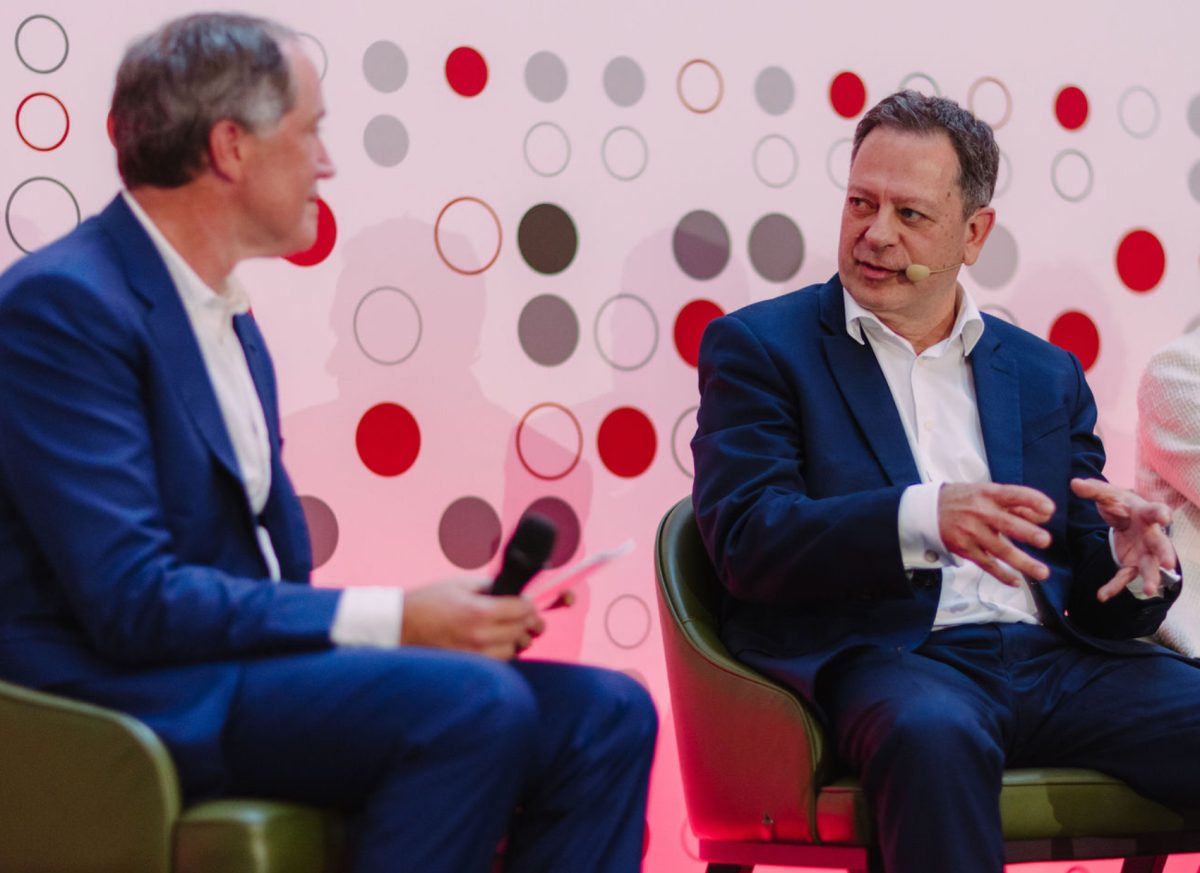Present workplace well-being initiatives and mindfulness programmes have little effect on the workforce, a new study conducted at the UK’s University of Oxford has found.
Employee well-being has been the talk of the business world over the past few years, as employees seek workplaces where they are valued and respected, in ways that recognise their work, while also providing them with added flexibility. This rose to further prominence following the COVID-19 pandemic, and as employers faced a tight labour market that saw them having to go over and beyond what they would normally offer workers.
Over this period, well-being initiatives such as mindfulness apps, resilience training, stress management, and other offerings have become increasingly popular among employers.
However, a recent UK study conducted by University of Oxford Researcher William J. Fleming, published in the Industrial Relations Journal has found little to no evidence that these initiatives are beneficial to employees.

Dr Fleming used survey data from 46,336 workers in 233 UK organisations to compare those who participated in workplace well-being interventions with those who did not. In the study, employees anonymously reported on various key indicators of workplace well-being such as job satisfaction and stress levels.
The study primarily asked whether the respondents participated in around 90 different employee well-being programmes falling under one of the following categories:
– Volunteering or charity work
– Mindfulness classes or programmes
– Resilience, energy, or stress management classes or programmes
– Well-being apps on a broad range of physical health, mental health, and lifestyle issues
– Massage or relaxation classes or programmes
– Workload or time management training
– One-on-one coaching sessions on mental health and well-being
– Financial well-being programmes
– Events promoting healthy sleep
– Apps or programmes promoting healthy sleep
– Online coaching
Strikingly, Dr Fleming’s study found that participation in these initiatives did not have a direct impact on employee well-being. This is the case for all of them aside from one exception: volunteering.
Those who had volunteered in some way or another, providing assistance to a charitable cause offered by their workplaces, on average reported a better well-being.
Despite this, it is important to note that volunteering does not mean that it will lead to a healthier well-being. Volunteer programmes might lead to an improved well-being, but it could also be the case that employees who already had a healthier well-being were more likely to take part in volunteering.
On the other hand, resilience and stress management programmes appeared to have a negative effect on employees’ well-being.
Additionally, Dr Fleming’s study acknowledged that the key findings were true across various job levels, organisations, and industries. Essentially, it highlighted that the aforementioned well-being initiatives focused on individuals largely do not provide the right support for workers.
Instead, the study found that deeper organisational changes, such as flexibility of scheduling, management practices, staff resources, performance reviews, and job designs, are more likely to have a greater impact in improving workplace well-being.
Commenting on the findings, Dr Fleming said that there is a “growing consensus” that organisations must “change the workplace and not just the worker.”
“This research investigates well-being interventions across hundreds of workplaces, supplementing trials that often take place in single organisations, and the lack of any benefit suggests we need more ambition when it comes to improving employee well-being,” he added.
Through these findings, Dr Fleming said that he hopes there will be “further research and employer action” on the matter.
Mark Drago named Chief Operating Officer at HSBC Malta
Mr Drago is taking over from Svetlana Maslova, bringing over 38 years of banking experience.
Kyte Global supports companies in achieving DORA and MiCA compliance following their release
With new EU regulations on digital resilience and crypto-assets set to take effect in 2025, Kyte Global is supporting organisations ...
Corinthia Group Managing Director and CEO recognised with international award
Simon Naudi was awarded the Exceptional Contribution CEO Award from Global Hotel Alliance.
Alexander Fenech takes on strategy role at Brown’s as Tiziana Ceci named CEO
The pharmacy chain also announced the addition of two independent directors to its board.








